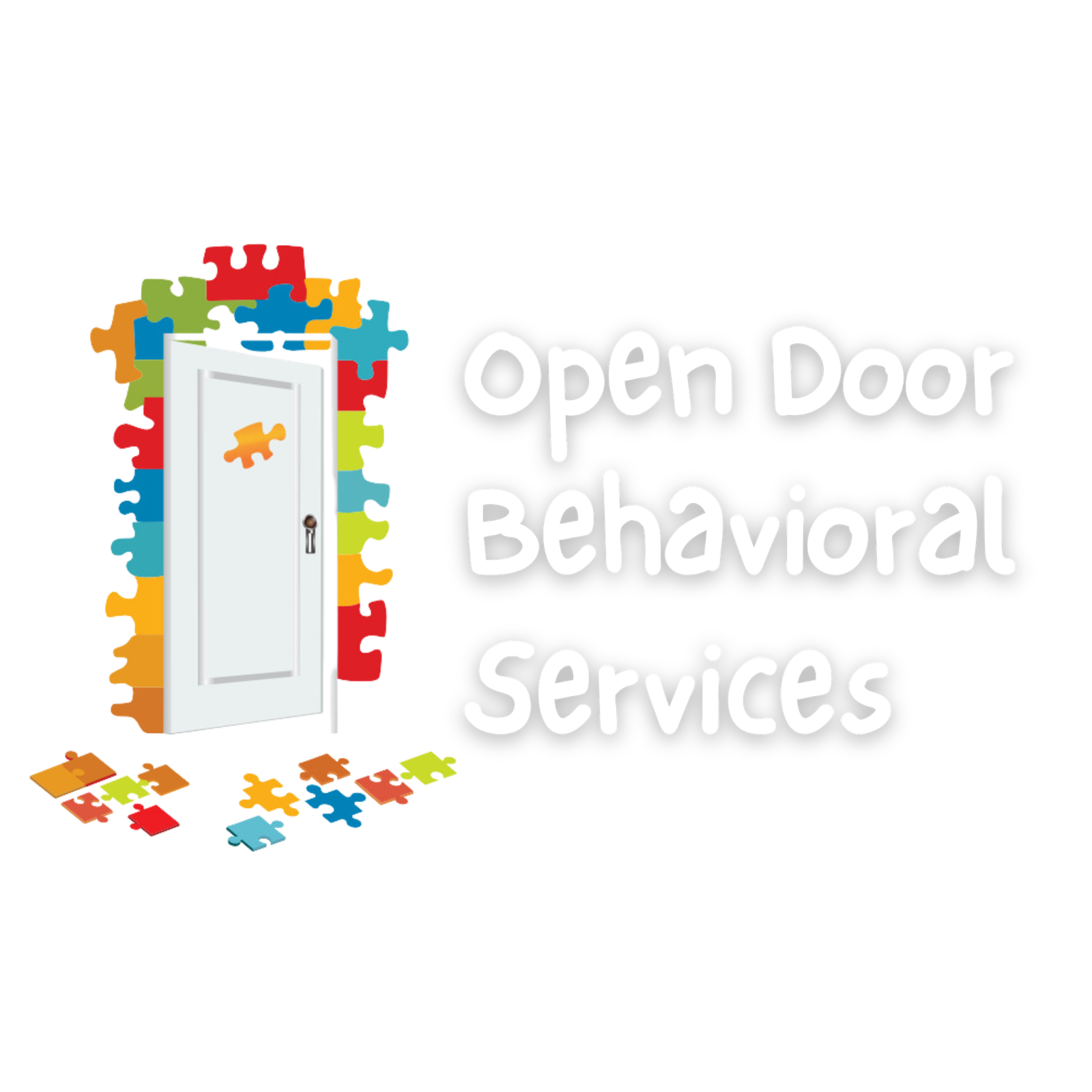ABA Therapy
ABA Therapy or Applied Behavior Analysis Therapy is an approach based on the science of behavior that helps children with autism and other developmental disorders learn essential skills for their daily lives. This method relies on observation, positive reinforcement, and structured repetition to improve children’s communication, social skills, and autonomy.
How does ABA therapy work?
ABA therapy focuses on breaking down complex skills into smaller, more manageable steps. Through repetition and positive reinforcement, children learn to perform tasks that may seem challenging at first. Each ABA program is personalized to the needs of each child, allowing work in areas such as:
- Communication and language: The use of words, gestures, or communication devices to express needs and desires is reinforced.
- Social skills: Appropriate interactions with peers and adults are taught, encouraging shared play and collaboration.
- Academic skills: Basic concepts such as numbers, letters, and reading are reinforced to improve school performance.
- Autonomy and daily living: Skills such as dressing, eating, and following daily routines are developed to increase independence.
Benefits of ABA therapy
ABA has proven to be highly effective in helping children with autism develop functional skills that allow them to better interact with their environment. Some of the most notable benefits include:
- Greater independence: Children learn to perform tasks on their own, reducing their reliance on others.
- Improved behavior: Positive behaviors are identified and reinforced while problem behaviors are reduced.
- Increased confidence and self-esteem: By learning new skills and achieving small successes, children develop greater self-assurance.
- Improved communication: Better interaction with family, friends, and teachers is promoted, facilitating integration in different environments.
The role of parents and caregivers in ABA
The active participation of parents and caregivers is fundamental in ABA therapy. Through the guidance of specialized therapists, parents can apply ABA strategies at home to reinforce what is learned in sessions. This creates a consistent environment that accelerates the child’s progress and facilitates the generalization of acquired skills to different contexts.
Conclusion
ABA therapy is a powerful tool to support the development of children with autism, helping them reach their full potential. With an evidence-based approach and active family involvement, ABA can make a significant difference in the lives of children and their loved ones. If you want to learn more about how ABA can benefit your child, we invite you to contact a specialist in the field.


